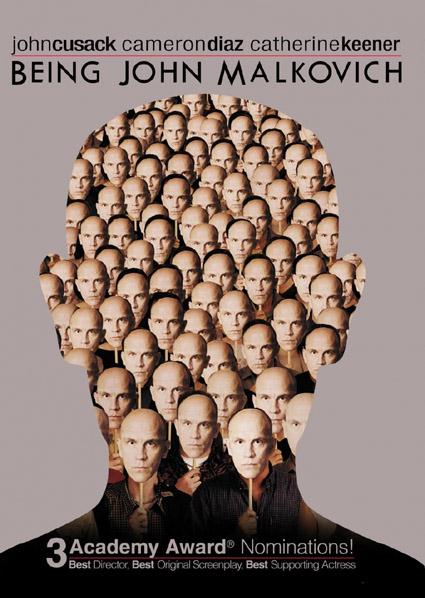Pulling the Strings
Time has always been a subject people pondered upon. While scientists choose to explain it by looking at it as a unilateral and linear concept, it's not as strictly defined in areas that lie in the realm of the social sciences. Instead of restricting time to a certain form, the latter often focus on its effects on people's lives. Adding a third to these two schools of thoughts, I prefer to view time as a sequence of events that will eventually lead to one's departure from the Earth, also accepting the linear view as quite helpful in explaining the dynamics of the world as well as those of the human mind.
One of the advantages of moving along the linear path of time is that although it doesn't allow one to move backward, it also never denies his right to look back. One can be an observer as often as he wishes, and for as long as he wishes during the tiring journey from which he may never take a break. During those moments his gaze falls in the direction from which his shadow follows him, he may find comfort in holding hands with his prior selves: he may break into a half smile that reveals his longing for the little guy he's left behind; or he may stare at him with eyes wide open, shocked at his ignorance while knowing that it was caused by nothing but lack of knowledge.
 It must be noted that for people who see themselves as a combination of all the selves they're followed by, it is almost impossible not to look back, which often results in making a comparison between the past and the present, leaving the future aside for a brief moment. I've recently had one of those experiences, which made me wonder whether I was ignorant a few years ago -- or was it just how I was supposed to look at things back then? Coming across the DVD of "Being John Malkovich" a few days ago, I decided to watch the movie again after first seeing it three years previously. I had some scraps of remembrance before I started watching it for the second time, but I was sure that it hadn't made its way into the curves of my brain and gotten stuck there. After two hours, I couldn't believe how easily I had erased it from my memory.
It must be noted that for people who see themselves as a combination of all the selves they're followed by, it is almost impossible not to look back, which often results in making a comparison between the past and the present, leaving the future aside for a brief moment. I've recently had one of those experiences, which made me wonder whether I was ignorant a few years ago -- or was it just how I was supposed to look at things back then? Coming across the DVD of "Being John Malkovich" a few days ago, I decided to watch the movie again after first seeing it three years previously. I had some scraps of remembrance before I started watching it for the second time, but I was sure that it hadn't made its way into the curves of my brain and gotten stuck there. After two hours, I couldn't believe how easily I had erased it from my memory.
Although the name of the movie may cause the misapprehension that it is a biography of John Malkovich, in fact it tells the story of a man who has found a portal that leads to John Malkovich's mind. While the first thing recognized by the viewer may be the supernatural aspect of entering into someone's mind, a more detailed analysis will have one realizing how successfully it depicts the part played by various members of society in creating one's actions. When Jack, the protagonist, first enters Malkovich's mind, he can't do more than observe, like a little child with his blinds up against what other people tell him to do or how they tell him to act. But as Jack and others who are paying to "be" John Malkovich keep invading his mind, Malkovich starts losing his position as the controller of his own actions. Though Jack is the only person who can control John like a puppet -- which mirrors his occupation as a puppeteer -- all the other characters also have an influence on his decisions. Realizing his sudden losses of control, John finds the portal and enters his own mind using it. The result is what he calls monstrous: everyone shares the same face -- his -- and uses a language that consists of a single word, "Malkovich."
What I found so remarkable about the scene that depicts a man entering his own mind is that it shows perfectly the impossibility of having a true essence that does not depend on others. We can all call ourselves customers who have free tickets to other people's minds. Every time we interact with someone, we pull one string or another and affect them in a certain way. Therefore, the child who initially has the power to defend himself against others grows up and, lowering his shield, obeys the first rule of the growing-up process: he adapts to his environment. So instead of experiencing the horrors of living in a world in which one expects everyone to share his worldview, he makes sacrifices and lets other people in. Sometimes he hears cries for help from someone he lost long ago; rather than helping, he obeys the puppet master, and moves on.
